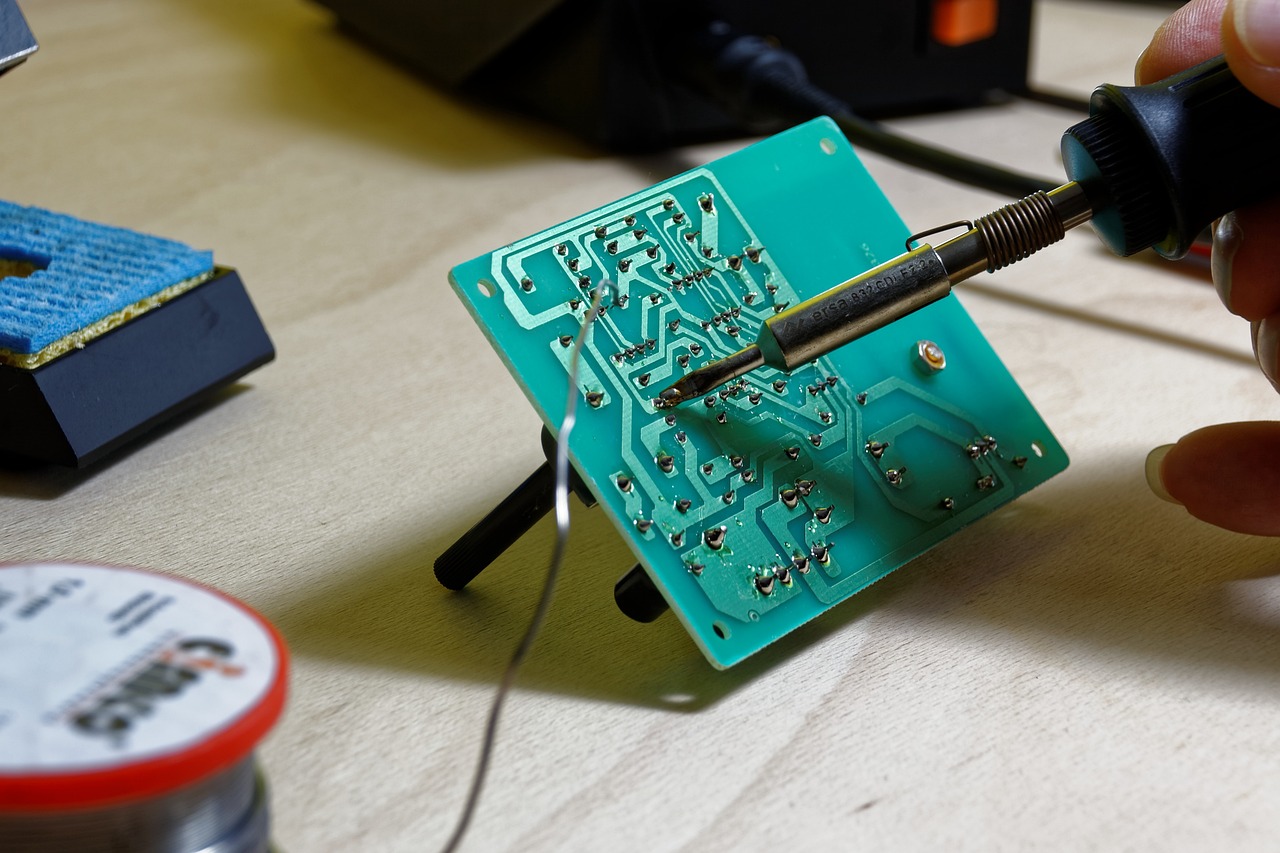Tech in Space Exploration: New Frontiers
Space exploration faces numerous challenges as we strive to push the boundaries of our understanding of the universe. One major obstacle is the high cost associated with launching missions into space. Developing and maintaining spacecraft, conducting research, and ensuring the safety of astronauts all come with significant financial implications. Securing funding for space exploration projects remains a constant struggle for space agencies around the world.
Another challenge is the technological limitations that hinder our ability to explore space further. Despite significant advancements in rocket technology and other areas, we still face issues such as radiation exposure for astronauts, communication delays, and the development of sustainable life support systems for long-duration missions. Overcoming these technological barriers is crucial for the future of space exploration and our ability to venture deeper into the cosmos.
Advancements in Rocket Technology
One of the most significant advancements in rocket technology in recent years has been the development of reusable rockets. Companies like SpaceX have made great strides in creating rockets that can be launched, landed, and relaunched multiple times. This innovation has the potential to considerably reduce the cost of space travel and make it more sustainable in the long run.
Another notable advancement is the use of 3D printing technology in rocket manufacturing. This cutting-edge technique allows for the creation of complex rocket components that are lighter, stronger, and more cost-effective. By utilizing 3D printing, companies are able to rapidly prototype and produce custom parts that can improve the overall performance and efficiency of rockets, pushing the boundaries of what is possible in space exploration.
What are some current challenges in space exploration?
Some current challenges in space exploration include developing more efficient propulsion systems, reducing the cost of launching payloads into space, and ensuring the safety of astronauts during long-duration space missions.
How has rocket technology advanced in recent years?
Rocket technology has advanced in recent years through the development of reusable rocket systems, improved propulsion technologies, and advancements in materials science that allow for lighter and more durable rocket components.
What are some of the benefits of these advancements in rocket technology?
Some benefits of advancements in rocket technology include reduced launch costs, increased payload capacity, and the potential for more frequent and sustainable space missions.
What are some key areas of focus for future advancements in rocket technology?
Future advancements in rocket technology are likely to focus on developing more powerful propulsion systems, improving reusability and sustainability of rockets, and exploring alternative fuel sources for space travel.





